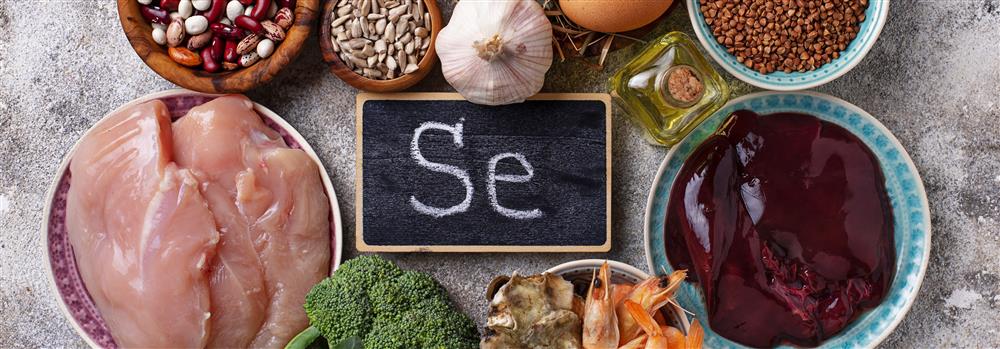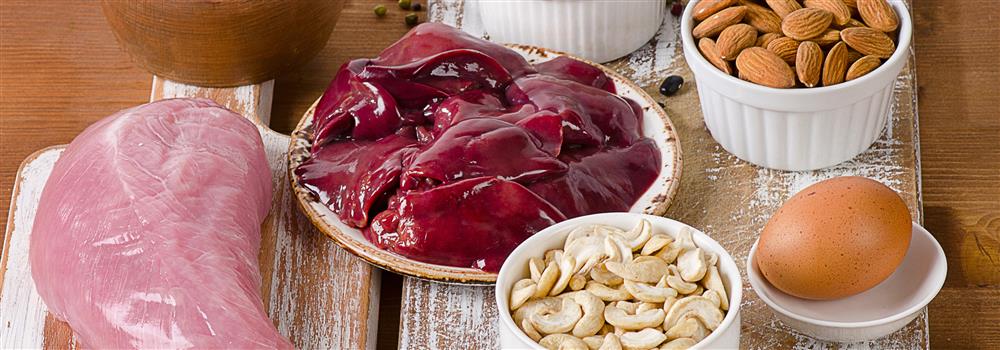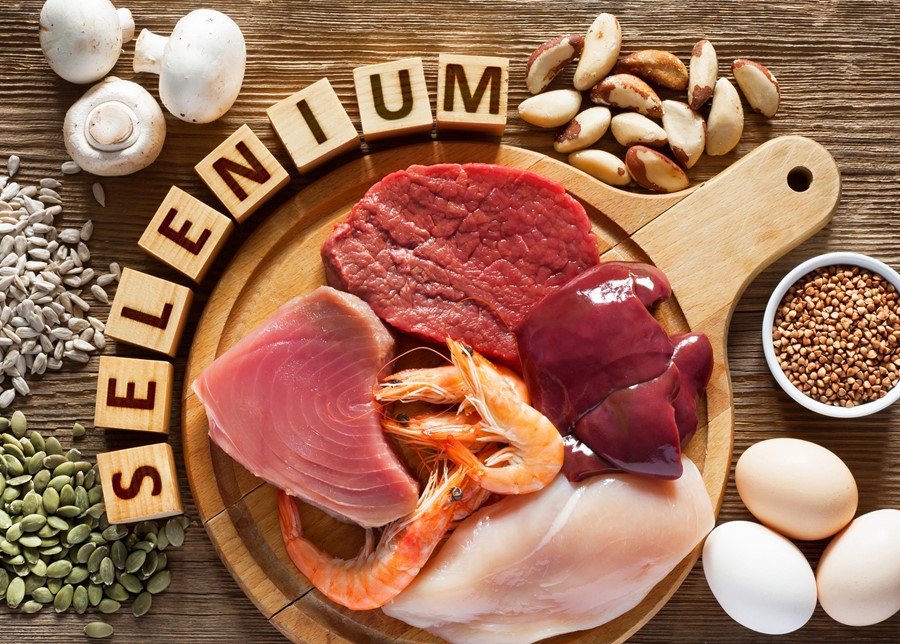It is a sad fact that Selenium is virtually non-existent in our farm soils today, and the health consequences are significant, especially in its ability to protect us against common cancers
Why is it so important?
- Selenium is essential to the proper function of the immune system and boosts our defences and resistance to infection
- It improves male fertility and prevents miscarriage
- Low levels are associated with depression and other mental disorders
- High levels help prevent cancer.
- Deficient levels in the diet may even have played a role in the emergence of new strains of the flu virus in China and the crossing of the HIV virus from animals to man in Central Africa

According to Dr. Peter Glidden, breast cancer could be reduced by 80% and prostate cancer by 60% if people simply took 200mcg of Selenium per day – That’s pretty cheap insurance! Have a look at his video here:
In her review in the "Lancet", Margaret Rayman of the Centre for Nutrition and Food Safety at the University of Surrey, describes selenium as "of fundamental importance to human health"
How Deficient Are We? Selenium has become severely deficient or exhausted in all chemically farmed soils and there is now a wide-spread selenium deficiency. Not a single country in Europe has a selenium intake high enough for inhabitants to enjoy the maximum protective effect. The UK average daily intake of 29-39 micrograms is half the recommended daily amount of 75mcg for men and 60 for women (**still much too low, see below). In Europe, iron and aluminium in the soil reduce uptake. Blood levels of selenium are lowest in Spain, Greece and Eastern Europe and are generally lower in Europe than in the US. In the UK, intake of selenium has "declined considerably" in the last 25 years, according to Dr Rayman.
Which Foods Contain Selenium? Most if it comes from meat, poultry and fish which together account for over a third of our daily intake. Another fifth comes from bread and cereals made with wheat, which, although not a good source, is so commonly consumed it accounts for a significant proportion of the total. The best sources of selenium are brazil nuts, kidneys, shellfish, fish and liver.

Cancer Prevention: Evidence from a study called the Nutritional Prevention of Cancer in the US demonstrated the importance of Selenium, with deaths from all kinds of cancer halved in the group given selenium, and 63 per cent fewer cancers of the prostate, 58 per cent fewer cases of bowel cancer and 46 per cent fewer cases of lung cancer. The strongest effect was seen in those with the lowest blood level of selenium at the outset, below 106 micrograms per litre.
Research has shown that the chemical forms of Selenium supplements (sodium selenite and L-selenomethionine) will not perform at the same effective level as foodstate Selenium, and these chemical varieties do have toxicity concerns.
Low Levels: The impact of supplements is greatest on those with the lowest levels of selenium in their blood. But there are benefits even for those with relatively high levels. One US study showed that people with natural levels between 120 and 134 micrograms per litre who took supplements of 200 micrograms a day** showed evidence of "considerable immuno-enhancing effects". Another study showed a near doubling in the activity of killer cells in the immune system. Low levels of selenium appear to allow otherwise harmless viruses to become virulent and this could be a factor in the spread of infection. In experiments on mice, the mineral has been shown to be protective against heart damage caused by the coxsackie virus and if other viruses were implicated, such as polio, hepatitis, flu or HIV "there would be considerable public health implications," Dr Rayman says.
Selenium linked to lower skin cancer risks: Higher blood levels of selenium may reduce the incidence of skin cancer by about 60 per cent, according to a new study from Dutch and Australian researchers. Writing in Cancer Epidemiology, Biomarkers & Prevention, the researchers report that the mineral was associated with reduced risks of both basal cell carcinoma (BCC) and squamous cell carcinoma (SCC).
Foodstate Selenium: Our foodstate capsules provide 200mcg of food selenium and are much better absorbed used and retained than the chemical forms usually sold as supplements. It can also be taken in our multi-antioxidant capsule that also contains vitamin C and E, the mineral Zinc and Co-Enzyme Q10







